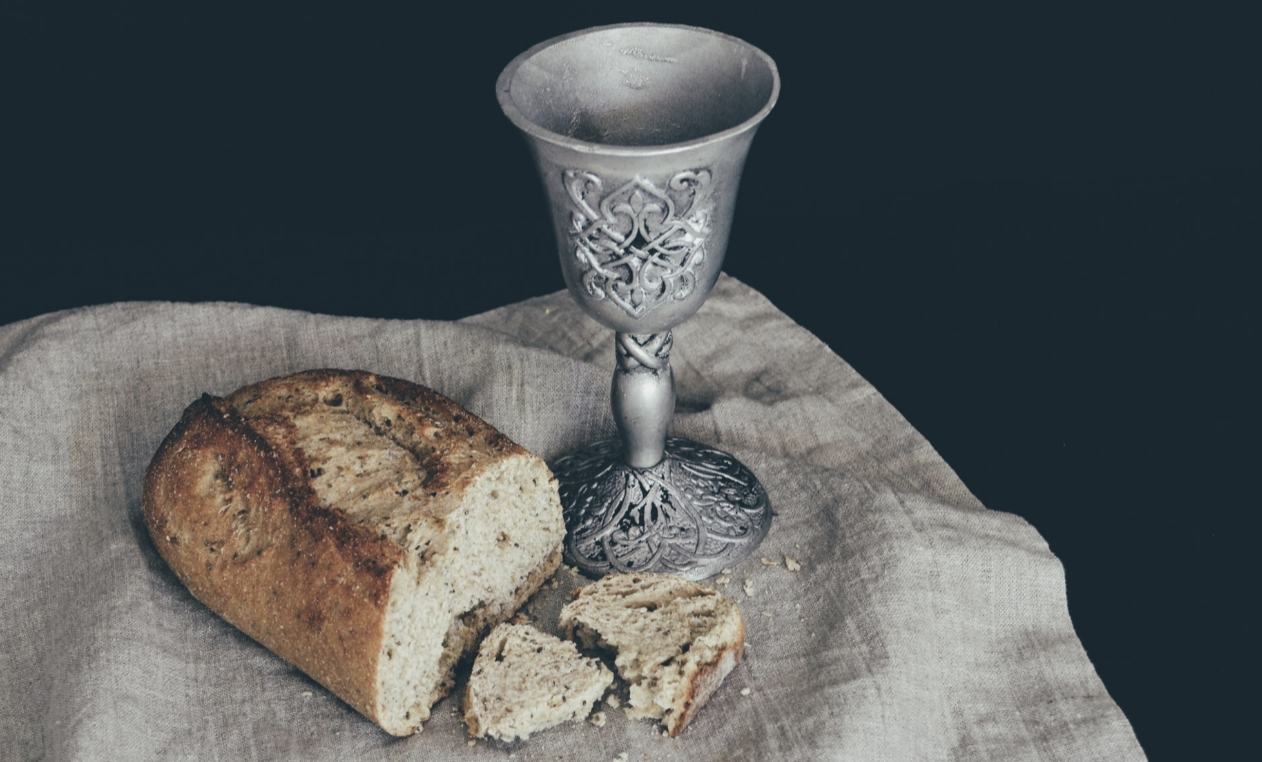In many places of the world, bread is a common food. In a variety of countries it is a basic part of the diet of the people. There are many kinds of bread. Leavened and unleavened bread. Breads of varying colors and tastes such as white,wheat, sourdough, rye, pan dulce and tortas.
On the feast of the Body and Blood of Christ, we celebrate the great gift of Jesus giving himself to us as bread, the Bread of Life (John 6:35), the Bread of the Eucharist. This is food for our journey of life. It is food to strengthen us and to reassure us. This celebration is a good time for us to ask what happens to us when we eat this Bread.
One response is to say that when we eat the Bread of the Eucharist, we become bread for the world. As there are many kinds of bread, so in the Church there are many kinds of people.
The proclamation of the Eucharist is that, though we are many, we are one Bread, one Body of Christ. The proclamation that we are one Bread is to be matched by our efforts to make that unity a reality. Being this one Bread, one Body, we are the presence of Christ in the world. As bread for the world, we are the bread of the divine, interacting with the world to make a difference.
Our lives are to be bread that nourishes and strengthens others by our concrete actions to walk with those who live in poverty, to stand with those who suffer injustice, to defend those whose dignity is being attacked.
As bread for the world we are to build right relationships. Whether it be within our families, with the neighbors on our street or with people in faraway lands, we are to be bread that heals hurts and builds trust.
As we eat the Bread of Life on this feast of the Body and Blood of Christ, once again we become bread for the world. Lives blessed, strengthened, consoled and reconciled are the evidence that we are living what we have become.
The Very Rev. Christopher Smith, rector, Christ Cathedral
